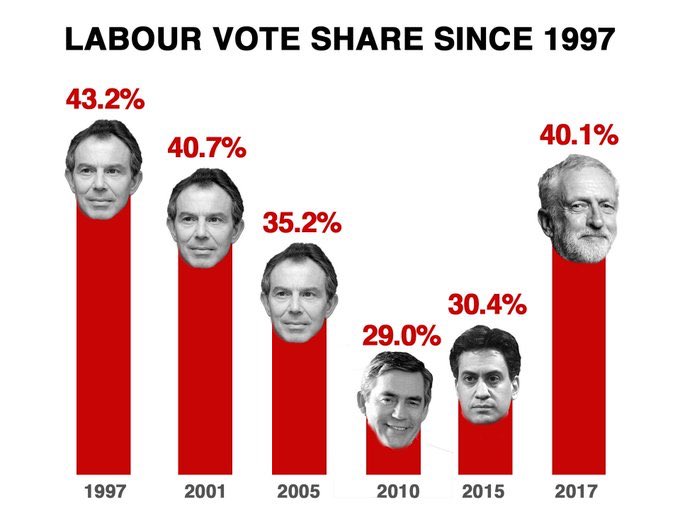The Labour Leadership elections seem to be less inspiring than 2015. We should all remember and recognise that Corbyn’s victory in the 2015 Leadership election was the result of revolutionary change in British Politics, he surfed a wave; it was not created by the minuscule and impotent Labour Left. At the time, I was shocked by Ed Miliband’s defeat (at least its scale) and began to question my own sense of strategy. I engaged with several parts of Labour Left which I had not been associated with and found an entrenched sense of entitlement, that “it was their turn”. This has survived to today.
With respect to the current election, for Leader at least, I am concerned that should Lisa Nandy win, she’ll end up trapped like Ed Miliband, (and arguably Corbyn), in an office without the ability to win her policy agenda in the Party, either at Conference or in the PLP. It is my view that the faction around Ed Balls organised and blew Miliband of course and his genuine supporters were insufficiently powerful or skilful to defend his policy agenda. I sort of agree with her and Phillips that 40 second replies to “moderated” questions are not the best way to allow candidates to speak to the members, although Nandy has shown how well she can use even less time on the Andrew Neil interview. I also question the judgement behind her voting record over the autumn. She seems shocked that the Tories are reneging on promises they made to win Labour votes for both Brexit and the election and while her statements on Workers’ & Migrants’ Rights are welcome, her role in ending the Parliament and thus stymieing a “final say” referendum is not, in my opinion good.
For those that place the worst possible interpretation on Nandy’s comments on Catalonia and Scottish independence, you are wrong, she clearly did not mean to support the aggressive police or judicial response; suggesting she did puts you in the same category as the anti-Catholicism surrounding Rebecca Long-Bailey. It infantilises our politics and buries much more important questions. Scotland and its relationship with the UK deserves a better debate than this.
Last night RLB made herself the first of the Leader candidates to commit to Open Selection. I suspect that I am in a minority amongst Labour’s Left in that I don’t consider that we failed to win re-selection ballots because of the rules, or the constraints/rules of the debate. It is clear that the argument, “we deserve a choice” didn’t have the resonance that one would have hoped, but, we lost the re-selections because on the whole people didn’t turn up, and they didn’t turn up because the Left don’t know who they are and many of them have given up on us as leaders of the Corbyn project. We must recognise that, we i.e. the Left have driven people away through our sectarian and indecent behaviour.
Another problem I have with Open Selection is that it is based on an elitist model of power. If we had a democratic policy making process which the leadership and the PLP would follow, then who the MPs are would matter less but that’s not how the Labour Party does and it’s looking as if the new Leadership nomination rules will end up restricting choice and not enhancing it.
I plan to look at my proposals over the last two years and see which one’s need to be resurrected, but we need to recognise that many of the democratic reforms stemming from the democracy review have not introduced member power, they have reinforced the power of the Party’s bureaucracy. We need a stronger Conference and stronger CLPs, but achieving these things will take a change of culture, the Party needs to become an instrument of collective endeavour not a battlefield of power.
In her speech last night Long-Bailey said,
This means open and democratic policy making at every level, properly resourced political education and a professional and accountable party operation. These are the basics.
Sadly Party Democracy is a critical issue, I’d prefer that policy and electoral strategy were at the centre but what the candidates say in response to my question will be critical in how I cast my vote and speak at the nomination meeting. …





